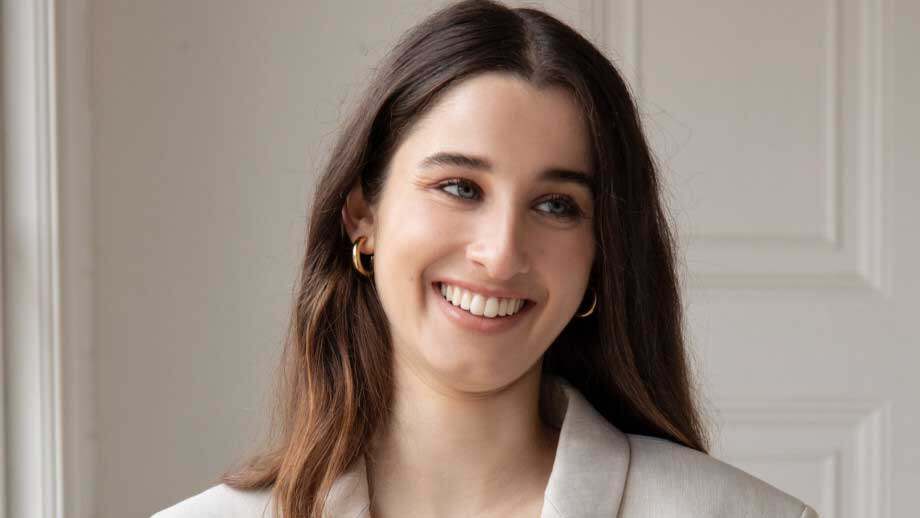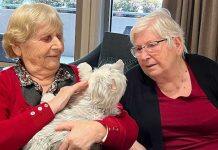

Leading youth advocate Chanel Contos, whose landmark petition started a vital national conversation on sexual consent and education, is joining the Global Institute for Women’s Leadership (GIWL).
Based at both The Australian National University (ANU) and King’s College London, GIWL leads research and advocacy to improve workplace gender equality and advance women’s leadership in society, politics and business.
In her new role Ms Contos will establish and chair a Global Youth Committee that will support GIWL’s work with a focus on identifying emerging challenges and opportunities for young people, especially in the gender equality space.
Ms Contos founded the Teach Us Consent campaign, which was responsible for mandating consent education in Australian schools. She holds a master’s degree in gender, education and international development. Her activism work has been recognised with domestic and international awards.
“It’s a privilege to undertake this role,” Ms Contos said.
“There is so much disconnect between the experiences of young women and policies that are made that will dictate their lives. I am hoping to help bridge that gap.”
Chaired and founded by former Australian prime minister the Hon Julia Gillard AC, GIWL brings together rigorous research, practice and advocacy to better understand and address the causes of workplace gender inequality, the underrepresentation of women and gender diverse people in leadership positions across sectors and countries, and the way in which the evaluation of leaders is gendered.
“Chanel bravely came forward to start a major conversation about consent and respect among young people, as well as make meaningful change in one of the most challenging issues we face today,” Ms Gillard said.
“She has shown herself to be an outstanding and inspiring leader already.
“We’re delighted to have Chanel on board. Her expertise and experience will be invaluable as we move forward in our mission to support and champion the next generation of female leaders.”
Research by Ipsos UK and GIWL finds that younger generations are optimistic and motivated when it comes to gender equality. The global survey shows six in 10 Millennials and Gen Z people believe gender equality will be achieved in their lifetime. Two-thirds of these younger groups also agree that there are actions they can personally take to support this.
In the same survey, just over half of Millennials and Gen Z people say that the promotion of women’s rights has gone “too far” and is now discriminatory against men.
“This poses significant opportunities, but also some clear challenges to progressing gender equality. We need to listen to young people in order to navigate this,” Ms Contos said.
“As an important first step, assembling a Global Youth Committee for GIWL will bring in the real experiences of young people, particularly women and girls and gender diverse people, to inform and inspire research, advocacy, and practice.
“If you’re 30 or younger and want the opportunity to input into the direction of GIWL and meet people living in the UK, you should apply for this committee. No matter your experience level, or the industry you’re in, we want this committee to adequately reflect young people’s experiences with the workforce.”
Director of GIWL at ANU Professor Michelle Ryan said gender equality was a “generational task and challenge”.
“For generations, we have fought for equality and respect. While many gains have been made, there is still much to do,” Professor Ryan said.
“Young leaders like Chanel will play a major role in helping to advance this work, build on the legacy of the past and shape a better future for all young people, especially those impacted by gender inequality.
“Chanel and the committee she will establish present an exciting opportunity to help us make meaningful change and empower girls, women and gender-diverse people everywhere.”
In addition to identifying emerging challenges and opportunities for young people, the GIWL Youth Committee will provide input into the direction of research, policy and engagement, and act as a network of young individuals that provides advice to the Global Institute for Women’s Leadership. It is open to young people in Australia and the Asia Pacific region, with a UK committee being developed shortly.
Learn more about the Global Youth Committee and apply online at the ANU Global Institute for Women’s Leadership.








































